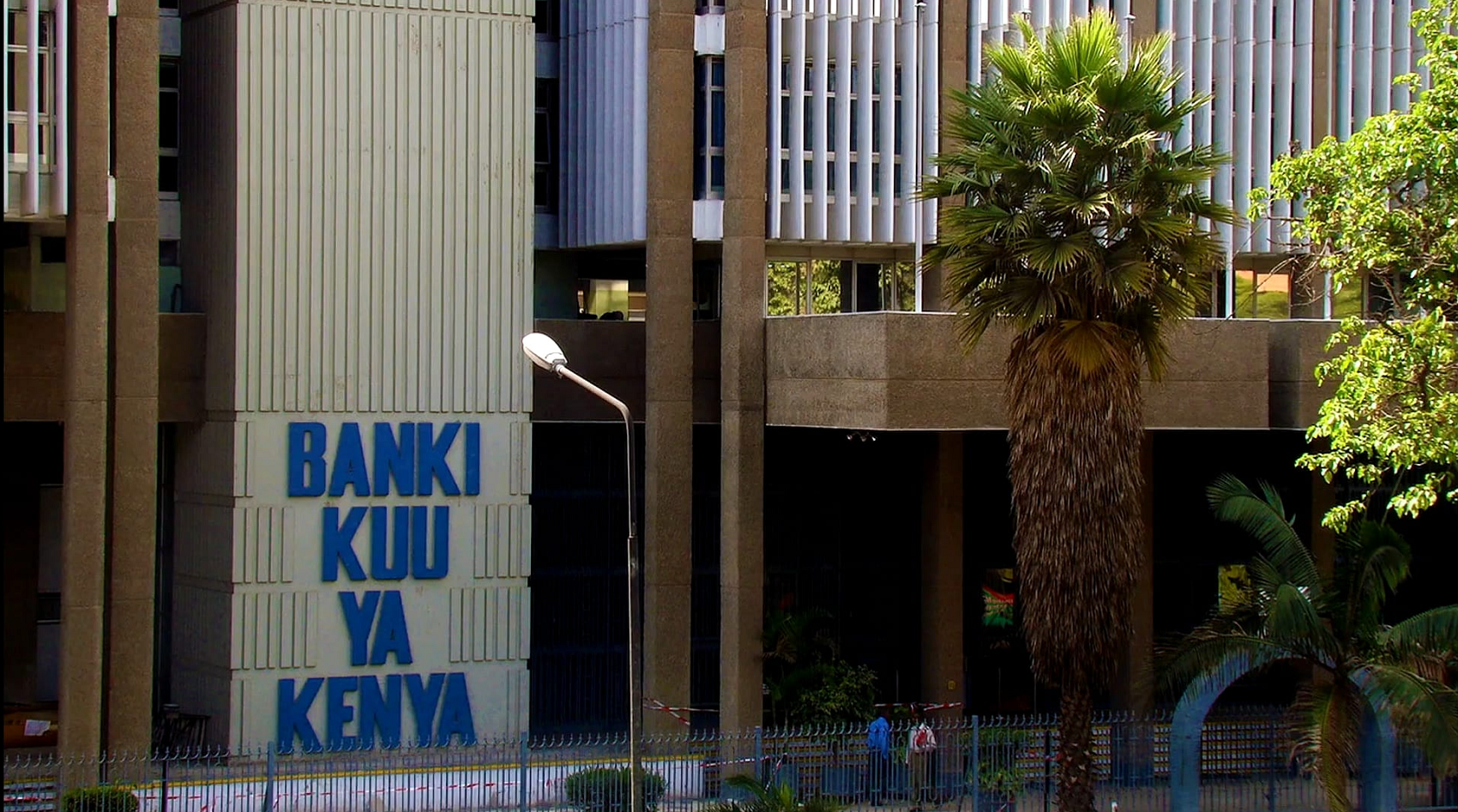Global Audit firm PricewaterhouseCoopers has upgraded Kenya’s tax regime score based on reforms implemented by The Kenya Revenue Authority (KRA) that have made it easier for taxpayers to comply.
Kenya’s paying taxes score has ticked up 3.3% from 69.01% in 2016 to 72.37% in 2019 PwC says in its Paying Taxes 2019 report.
The audit firm attributes the improvement to introduction of iTax which has digitized tax filing and payment procedures.
According to PwC, implementation of reforms by KRA is a positive step for Kenya as it seeks to position itself as an investment hub and a globally competitive economy in the next 12 years in line with the vision 2030 blueprint.
Paying Taxes 2019 also lists consolidation of all tax administrative procedures into the single Tax Procedures Act, continued taxpayer education on tax administrative procedures, improved customer relations by allocating dedicated relationship managers to taxpayers by the KRA and adoption of various tax regulations to provide clarity on some previously ambiguous tax provisions as reasons behind the good rating.
Since 2016, PwC says taxpayers have made fewer payments down from 30% to 25% while the time taken to comply with taxes reduced from 213.5 hours to 179.5 hours.
READ: KENYA’S TAX RANKING IMPROVES AS LOWER SME TAXES PROPOSED
“From December 5, 2017, Kenya’s time to comply improved from 185.5 hours to 179.5 hours representing a 3% improvement and the number of tax payments reduced from 26 to 25 marking a 4% improvement.
According to PwC the improvement in Kenya’s paying taxes ranking over the past year is attributable to two issues, reduction in the time it took Kenyans to upload returns on iTax and implementation of Unified Business Permit by the Nairobi County Government.
PwC further advised the government to consider taking a number of steps in order to further improve the rating.
SEE ALSO:DALBIT PETROLEUM BAGS KRA DISTINGUISHED TAX PAYER AWARD
“The government could consider making filing and payment of National Social Security Fund (NSSF) electronic. This could help reduce the number of payments as well as the time taken to comply with paying taxes,”
“Policy makers could also consider whether there are technological improvements/ advancements that can be exploited such as linking taxpayers’ accounting systems to the KRA’s systems. Subject to an appropriate assessment of the potential fiscal impact, the government could also consider reducing tax rates and/or eliminating some smaller taxes altogether, taking into account the costs of collecting the taxes relative to the amounts raised,”













Leave a comment